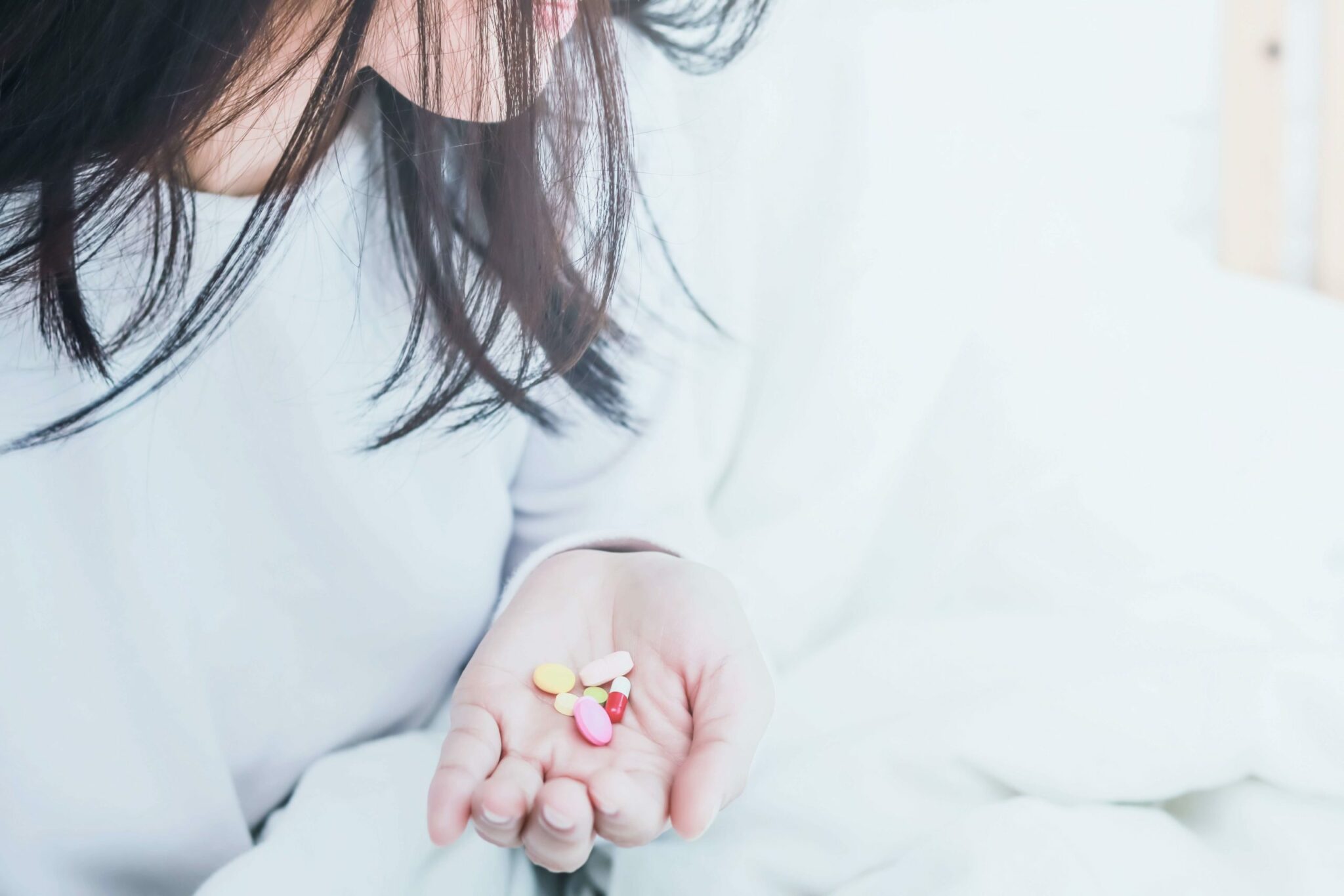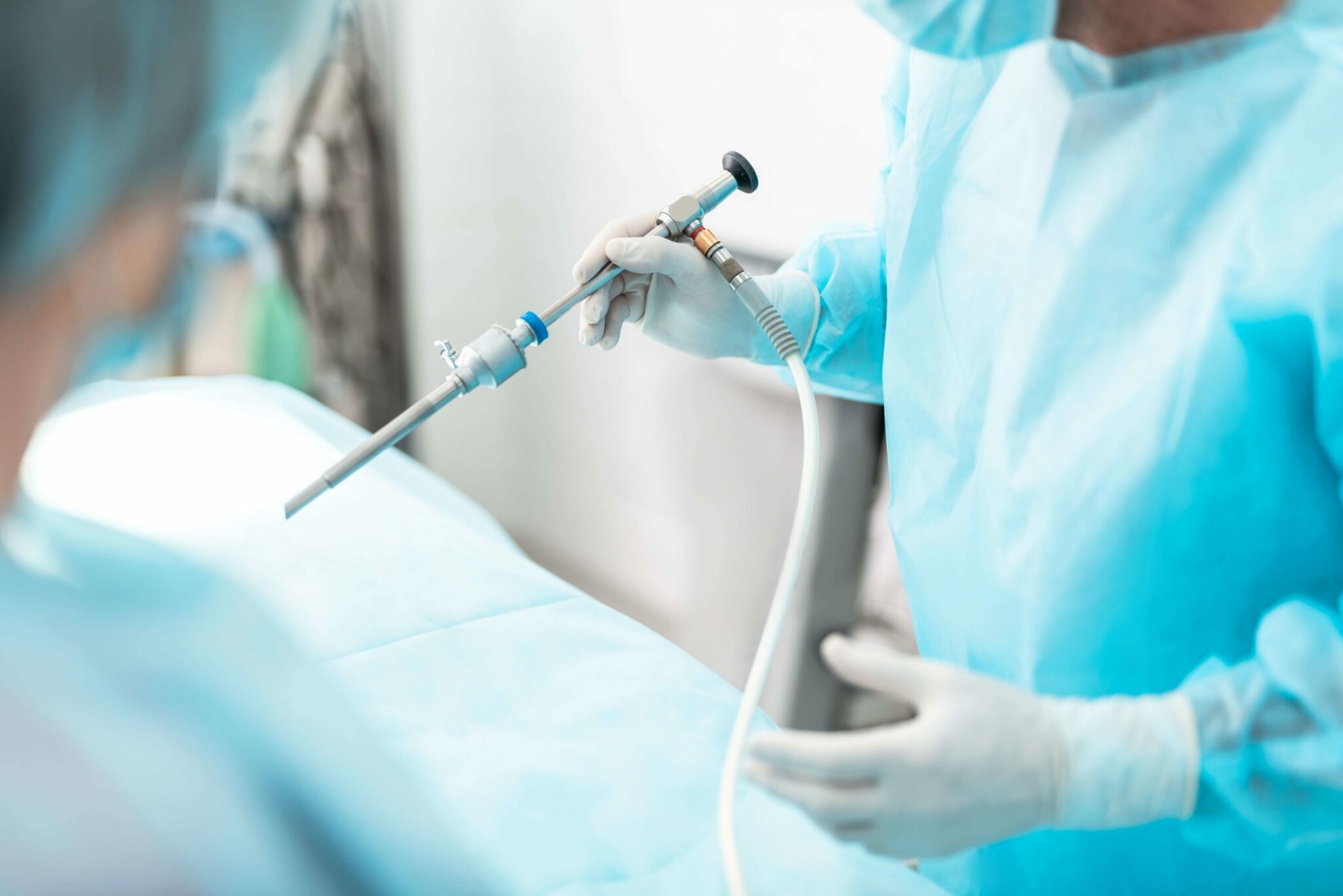Getting Started with Nabta Health; Your 101 Guide to Period Care


What is a menstrual cycle?
A woman’s menstrual cycle is the time between the first day of each period. The average menstrual cycle is around 28 days, but cycles can range from 21 to 40 days. A woman’s period, also known as menstruation, is when she bleeds from her vagina and typically lasts 5 to 7 days.
What is a period?
During a woman’s monthly period her body discards the uterus (womb) lining thickened in preparation for a fertilised egg. When the egg isn’t fertilised this lining sheds from the uterus, through the cervix, and out of the body through the vagina.
A girl’s periods start at any time from age 10 to 15 years old, the average age is 12 years, but everyone is different. Her periods will continue until she is in her 40s to 50s, when her ovaries will gradually stop producing female reproductive hormones, leading to perimenopause and then menopause.
Managing menstrual bleeding
Discreet, easy-to-use sanitary products are designed to soak up or collect the menstrual blood released from the vagina.
- Sanitary pads: Disposable or washable absorbent padding attached to underwear and changed regularly. Designed in sizes to suit light, medium and heavy flows.
- Tampons: Small disposable tubes of absorbent material designed to be inserted into the vagina to soak up menstrual blood. For hygiene and safety reasons tampons are single-use and should be changed and disposed of regularly. Women should follow labelled instructions for safe tampon use, use the right tampon absorbency, change each tampon every 4 to 8 hours, and never wear a single tampon for more than 8 hours at a time.
- Menstrual cups: Washable, reusable medical-grade silicone cups designed to be inserted into the vagina to catch and collect blood. They should be emptied, washed, and reinserted regularly, and again good hygiene practices are important when using a menstrual cup.
- Period underwear: Regular-looking panties designed with absorbent material and a moisture barrier to keep the wearer dry and leak-free. Period panties offer various levels of absorbency and can go in the washing-machine. Some brands also produce period swimwear with built-in leak protection.
Period hygiene tips
The vagina is a self-cleaning organ and period blood is not contaminated when it exits the body from the womb. However, during a woman’s period the presence of blood, warmth and moisture makes the vagina and vulva an environment more prone to yeast, fungal and bacterial infections, and bad odour. So keeping a menstrual hygiene routine is important.
Healthcare professionals recommend a woman washes her genitals with warm water, not soap, at least twice a day while bleeding, always wiping from front to back.
Female hygiene products (tampons, sanitary pads, menstrual cups, period pants) should be changed and disposed of regularly. Reusable and washable sanitary products, such as menstrual cups and period panties, must be rinsed and cleaned thoroughly.
Tracking periods
Everyone is different and every woman’s period and cycle will vary in length, frequency, and flow, sometimes from month to month. It’s useful to get into the habit of tracking periods, either using a period tracker app or a calendar. This helps a woman understand her body’s natural cycle and fertile days. And it’s important to discuss any ongoing changes in cycle length, flow, and frequency with a healthcare practitioner.
How to manage menstrual symptoms
Managing painful periods
Period pain (primary dysmenorrhea), cramping in the lower abdomen and back, varies in severity from woman to woman, and sometimes from month to month. Over the counter pain relief, paracetamol, or anti-inflammatory medications such as ibuprofen, will normally relieve painful period cramps. The pains usually last 1 to 3 days, and for some women the cramps might be strong enough to need a day or two in bed.
Many women find relief from their period symptoms in gentle exercise, having a warm bath, or putting a hot water bottle, heat pack, or warm flannel on their stomach.
Debilitating period pain, also known as secondary dysmenorrhea, is often caused by an underlying medical condition that affects the uterus, such as uterine fibroids, polycystic ovarian syndrome (PCOS), endometriosis, or pelvic inflammatory disease.
What is PMS?
PMS (premenstrual syndrome) or PMT (premenstrual tension) describes the physical and emotional changes caused by the change in estrogen and progesterone levels in the lead-up to a woman’s period.
Typical symptoms of PMS include:
- Swollen and tender breasts
- Mood swings and irritability
- Bloating
- Acne and greasy hair
- Headaches
- Low libido
To manage PMS women should try to take it easy, eat a healthy diet, do some gently exercise and get plenty of rest. Some doctors may recommend hormonal birth control – the contraceptive pill or Mirena coil – to manage menstrual symptoms.
What are abnormal periods?
If period symptoms are so severe that they interfere with everyday life, or if periods suddenly change (flow is noticeably lighter, heavier or lasts longer, cycles change in length, periods are missed for 3 months or more) it is important to discuss with a healthcare professional.
Lifestyle changes and emotional stress can affect a woman’s periods. Other reasons include birth control pills, and underlying conditions such as uterine polyps or fibroids, endometriosis, polycystic ovarian syndrome (PCOS), and pelvic inflammatory disease.
Is it possible to have sex or get pregnant during the period?
In a word, yes. Although the risk of getting pregnant is lower while menstruating, it is still important to use birth control to avoid an unwanted pregnancy.
Continuing with daily life
Periods don’t have to get in the way of everyday life. Menstruation is regular part of a woman’s life from puberty to menopause. Most women will get their period regularly for 30-40 years and managing periods becomes second nature.










































